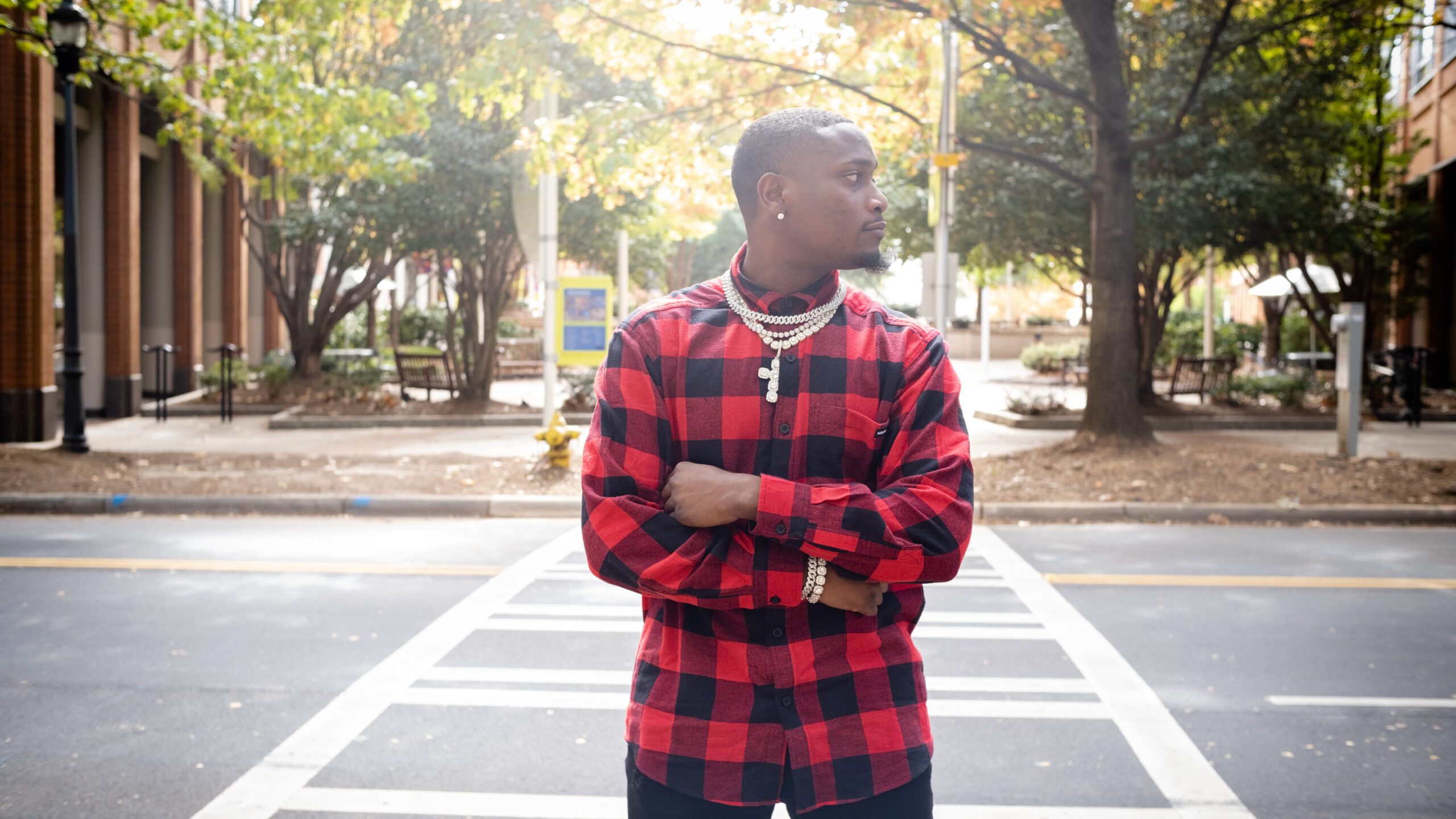Social media has revolutionized the way information is disseminated and voices are heard, giving rise to a new breed of influencers. Influencers have the power to shape public opinion and consumer behavior through their authentic and relatable content. They connect directly with their audience, build trust, and target specific domains, making their opinions highly sought after. On the other hand, politicians traditionally hold power through elected positions and have institutional power, resources, and the ability to enact long-lasting change through laws and regulations. However, politicians struggle to connect with younger generations and are often constrained by party politics and bureaucracy. The intersection of social media and traditional politics blurs the line between influencers and politicians’ power, and by leveraging each other’s strengths, they can work together to shape a better future.
Influencers vs. Politicians: The Power of Social Media vs. Traditional Politics
Introduction
Social media has revolutionized the way information is disseminated and voices are heard. This has given rise to a new breed of influencers who, through various platforms, have amassed large followings and are able to shape public opinion. In contrast, politicians have traditionally held the power to lead and make decisions in the political sphere. In this article, we will compare and contrast the power of influencers with that of politicians, highlighting the strengths and weaknesses of each approach.
The Rise of Influencers
Influencers, often individuals who have gained popularity through their online presence, have become significant players in the modern digital age. With their ability to reach millions of followers, influencers hold tremendous power to shape public opinion and sway consumer behavior. The authenticity and relatability they bring to their content often garners a loyal following, which can be harnessed to promote certain social causes, products, or even political ideas.
The Strengths of Influencers
One of the major strengths of influencers is their ability to connect directly with their audience. Unlike politicians who often communicate through carefully crafted speeches and press releases, influencers have a more personal and intimate relationship with their followers. This authenticity allows them to build trust and credibility, making their messages more impactful.
Influencers also have the advantage of being genre-specific. They focus on specific domains such as beauty, travel, or fitness, allowing them to target and engage with a more targeted audience. This specificity enables influencers to become experts in their respective fields, making their opinions and recommendations highly sought after by their followers.
The Role of Politicians
Politicians, on the other hand, have traditionally held power through elected positions and are responsible for making important decisions that shape societies. Through democratic processes, politicians represent the voices of their constituents and work towards the common good. They operate within a defined political framework and have a legal and constitutional responsibility to make decisions that consider the welfare of the entire population.
The Strengths of Politicians
Politicians possess institutional power, backed by their role in governments and legislative bodies. They have access to resources, including advisors, experts, and financial backing, which allows for thorough research and policymaking. Unlike influencers, politicians are held accountable through elections, where constituents have the power to remove them from office if they fail to deliver on their promises or act against the interests of the public.
Politicians also have the advantage of being able to enact long-lasting change by establishing laws and regulations. Their decisions can have a profound impact on a society as a whole, addressing major social, economic, and environmental issues. Through their networks and connections, politicians can bring about systemic change that goes beyond individual influence.
The Limitations of Influencers
While influencers have amassed significant power, there exist limitations to their influence. They often lack the depth of knowledge and expertise that politicians develop through years of education, experience, and policy analysis. Their influence is primarily driven by their popularity, which can be fickle and transient. Influencers may also be subject to biases and conflicts of interest, as their primary goal is often to maintain and expand their follower base.
Furthermore, the power of influencers is concentrated in specific areas, usually related to lifestyle choices or popular culture. They might not possess the necessary skills or understanding to address complex political and societal issues adequately.
The Limitations of Politicians
Politicians, while holding important roles, often struggle to connect with the younger generations who are increasingly engaging with influencers through social media platforms. Traditional political systems can be seen as inaccessible and unrelatable, making it challenging for politicians to earn the trust of these demographics.
Moreover, politicians are often constrained by party politics, lobbying, and bureaucracy, which can hinder their ability to enact change swiftly. The compromise needed in the political arena can dilute the effectiveness of decisions and result in watered-down policies that please various stakeholders but may not fully address the needs of the people.
The Intersection of Power
The power of influencers and politicians do not exist in isolation. In fact, the intersection of social media and traditional politics has become increasingly evident in recent years. Politicians are now leveraging social media platforms to connect directly with their constituents, much like influencers do. Simultaneously, influencers are using their platform to express political opinions and shape public sentiment, blurring the line between these two realms of power.
Conclusion
In the battle between influencers and politicians, social media has undoubtedly given rise to a new source of power and influence. However, it is essential to recognize the complementary nature of these two realms. While influencers offer relatability and targeted messaging, politicians bring experience, institutional power, and the ability to create lasting change. By finding common ground and leveraging each other’s strengths, influencers and politicians can work together to shape a better future.
